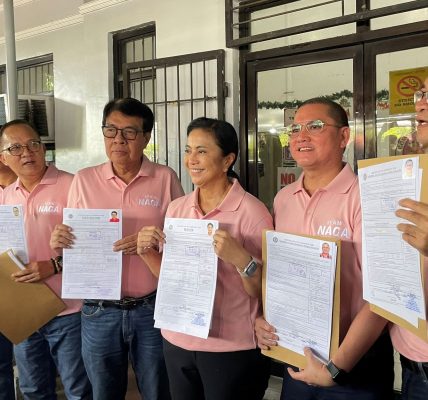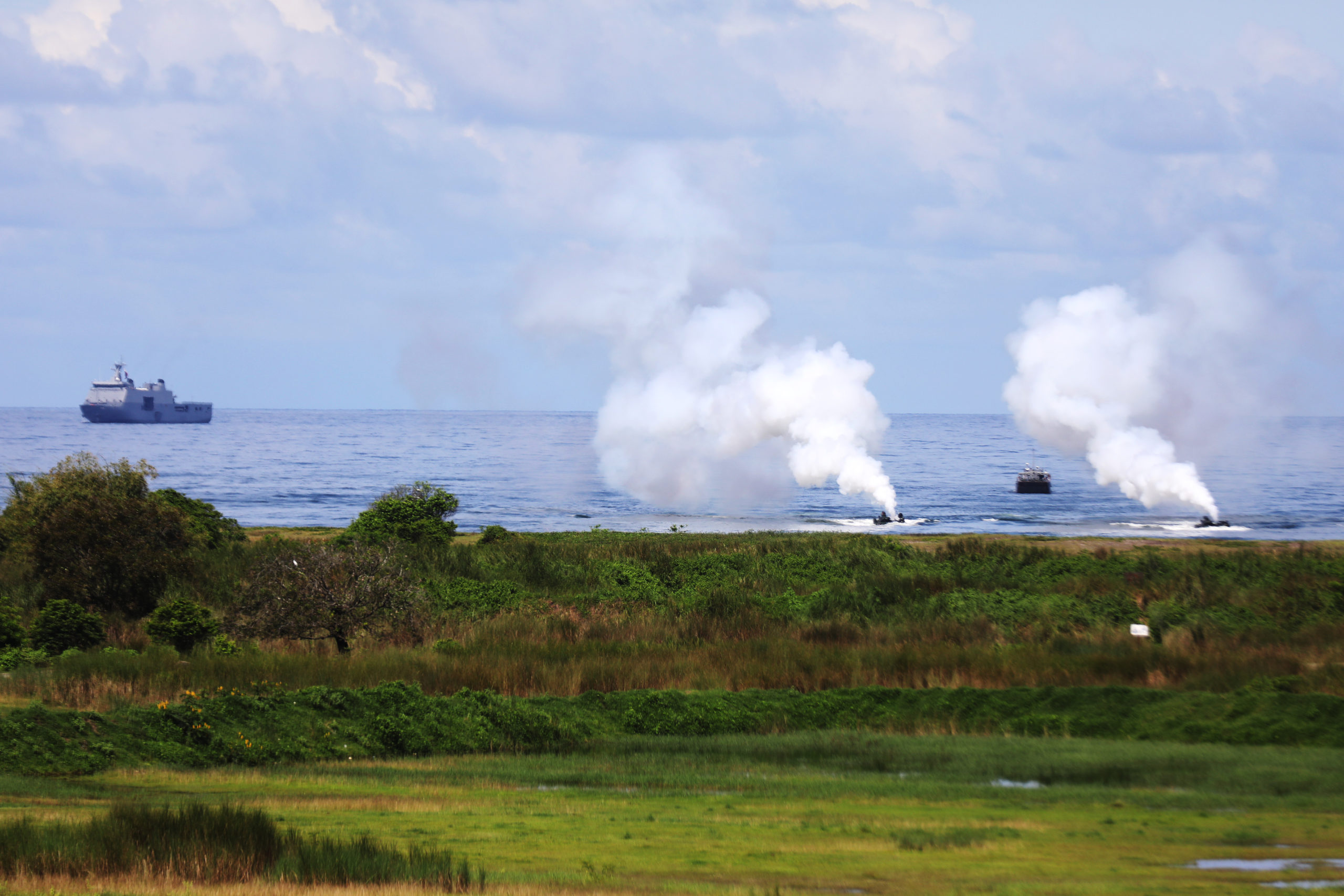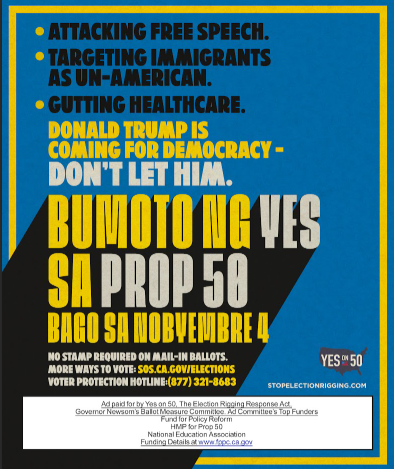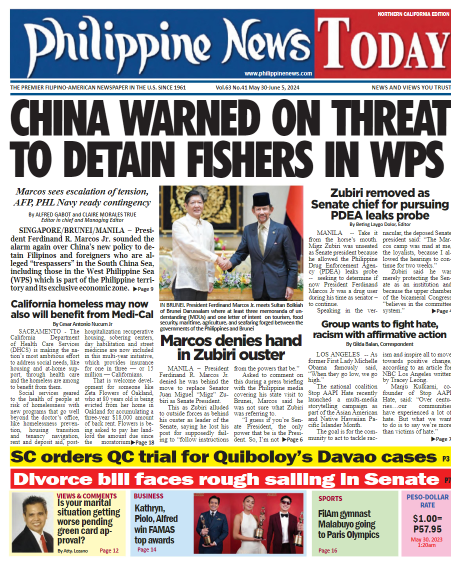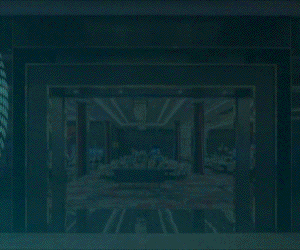By Beting Laygo Dolor, Editor
MANILA – If the country’s stock market is any indication, the Philippines has regained its title as the “sick man of Asia.”
And while President Ferdinand Marcos Jr. may not be entirely to blame – the Philippine Stock Exchange (PSE) has fallen by 20 percent over the past 10 years – his regime has not done much to erase the stigma, one that the country first held during his late father’s 20 year rule as chief executive.
By comparison, Asia Pacific stocks have risen 72 percent in the past decade, with Indonesia leading the pack with Jakarta’s composite index skyrocketing by 82 percent.
The sad state of the Philippine bourse in the last 10 years was tracked by Bloomberg, which noted that a series of government scandals alongside weak structural integrity had eroded trust in the country, driving foreign investors to seek greener pastures in other Southeast Asian markets, notably Indonesia, Malaysia, Thailand, and Vietnam.
Eduardo Francisco, president of BDO Capital & Investment, said the risk is that the country “might become so marginal, people (meaning foreign investors) will stop looking at us.”
Bloomberg also cited the lack of diversity in the market.
Data compiled by Bloomberg showed that forlorn state of the Philippine bourse.
In the past five years, Bloomberg pointed out, newly-listed firms saw their shares drop by roughly 33 percent on a weighed basis, compared to an almost 50 percent rise across Southeast Asia.
Isidro Consunji, chairman of DMCI Holdings, expressed frustration at the market’s weak response to strong financial performance.
While DMCI’s profits rose by almost 50 percent in the past decade, shares have fallen by more than nine percent.
“Foreign investors don’t pay attention to the Philippine stock market,” said Consunji.
PSE CEO Ramon Monzon said it best: “What is the most important ingredient in the stock market? Confidence. But there is none.”
If the previous Duterte and current Marcos administrations share the blame in the Philippines’ plodding economy, it should be noted that two previous administrations – that of Fidel Ramos and Benigno Aquino Jr. – had done the exact opposite, bringing the country to the brink of developed economy status.
Under Ramos, the Philippines was deemed as having reached “tiger cub” status, while under Aquino Jr. the country had become one of the world’s top attractions for foreign investments.
The “sick man of Asia” tag was used on the Philippines during the martial law regime of Ferdinand Marcos Jr, notably in the ‘80s when crony capitalism dominated the economy.
The Ramos and Aquino Jr. governments reversed that trend.
It has been argued that the Philippines was back to its low point during the Duterte regime due to the economic slowdown sparked by poor pandemic management.
For Marcos Jr., the massive graft and corruption best exemplified by the flood control works scandal has practically made the country a pariah in the eyes of foreign investors.




